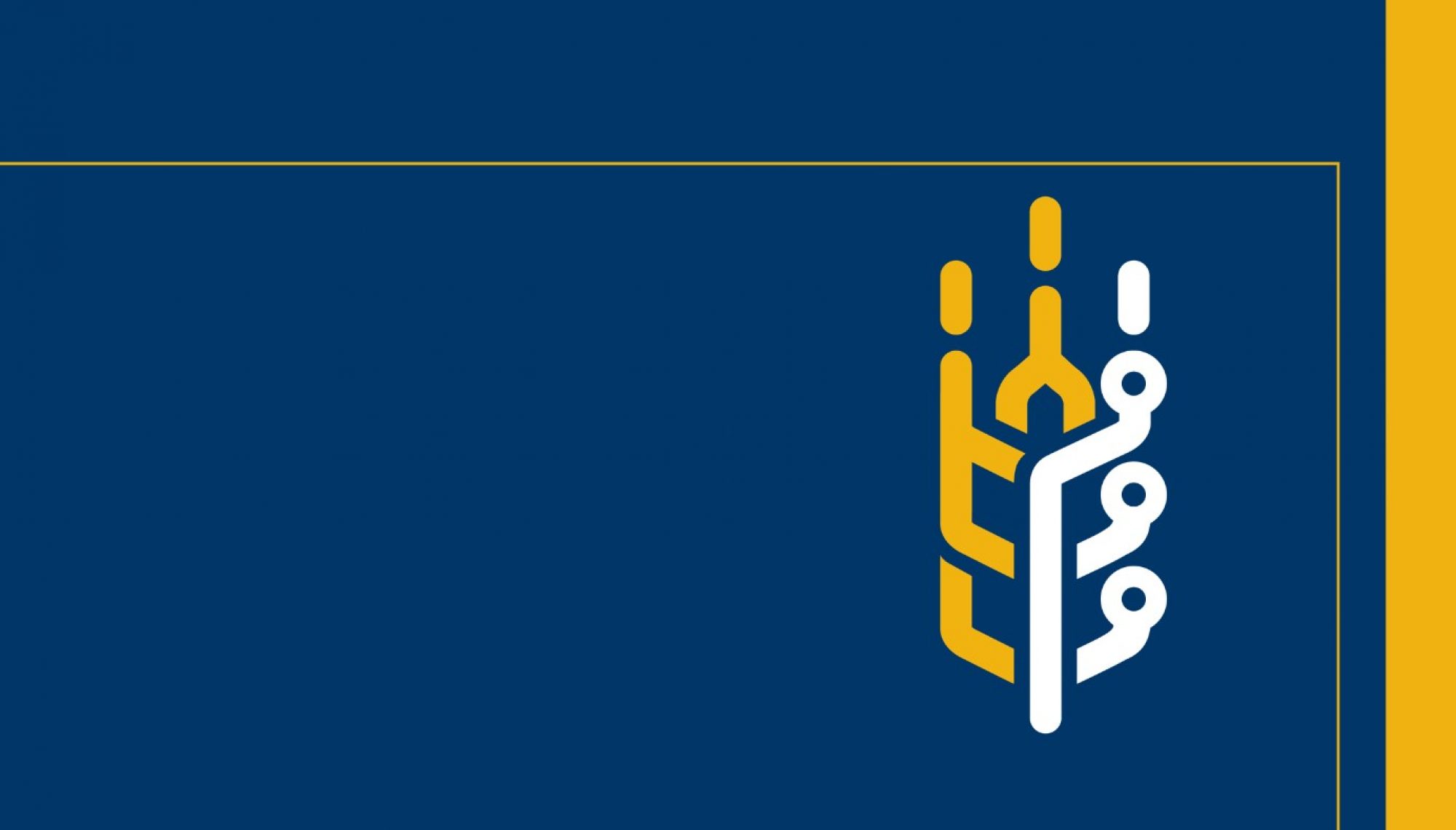By: Nicole Breedon
Published June 1st, 2020
Webinar Speakers:

Joe Friesen
Postsecondary Reporter for The Globe and Mail & Postsecondary Education OnlineWebinar host
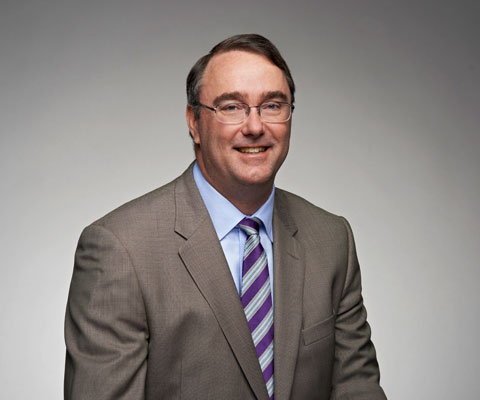
Paul Davidson
President & CEO of Universities Canada since 2009; a national organization that focuses on building partnerships with businesses, postsecondary education and community leaders to enhance higher education, and create opportunities within academia

Catherine Dunne
President of the Ontario Undergraduate Student Alliance which focuses efforts in advocating for mental health, academic affordability, and alleviating the stresses of gender-based violence by developing innovative policy solutions for government review
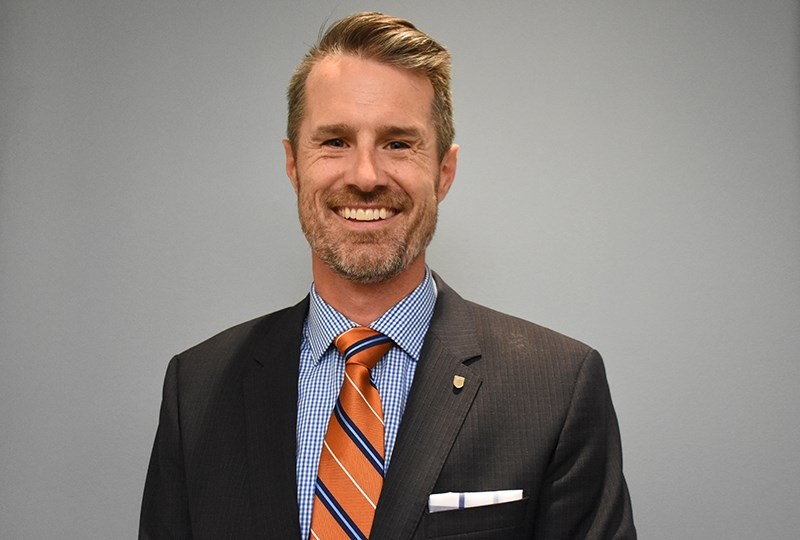
Neil Fassina
President of Athabasca University, Canada’s leading online university, and previous Provost and Vice-President Academic at the Northern Alberta Institute of Technology
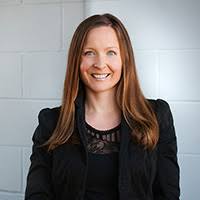
Jessica Riddell
Chair of Undergraduate Teaching Excellence and Full Professor at Bishop’s University, as well as the Executive Director of the Maple League of Universities, the VP Canada on the Board of International Society for the Scholarship of Teaching and Learning
The on-going COVID-19 pandemic is raising questions of what is to be expected of the upcoming academic year. In this webinar segment, Joe Friesen of The Globe and Mail talks with academic leaders from across Canada to inquire what their thoughts are regarding the changes that may be implemented, and how students and faculty can best prepare for the year to come.

One of the primary questions addressed was how universities are planning to adjust to social distancing measures. In response, Paul Davidson identified how even though all universities will be forced to adjust differently depending on the severity of the pandemic regarding urban vs. rural environments, every Canadian institution is currently considering adopting one of the following three academic designs: mostcourse material being made available exclusively online while incorporating some in person lessons, to begin the semester strictly online and incorporating hands on experiences to the later half of the semester, or conducting the fall semester for 2020 strictly online. In any case, all facilities are preparing to manage the semester to come like no other. Davidson also noted that this situation is forcing academics to reevaluate how courses are structured in general, and that there may even be modified structuring of coursework in the years after COVID-19. This could include a permanent change to accessibility of course material online, or even reduced in person, hands-on experiences for individuals in their first year or two of university.
In addition to questions on what facilities considering for adaptations to online work, there is also a need to address what must be expected of professors and academics during these transitions. Neil Fassina began by addressing the need for academics to be utilizing technologies in their most useful way. On this point, Catherine Dunne suggested the need to stratify teaching methods in order to engage students through mixed-media structures. Jessica Riddell noted that professors must be significantly more mindful in their teaching intentions in order to implement strategies that would be most beneficial for students to learn. This highlighted many interests in what the expectations for students will be during these changes to the academic systems.
During the 2020 winter semester, many professors and facilities decided to transition to a pass/fail grading system to alleviate some of the stresses involved with adjusting to a new style of studying and course work. Jessica Riddell explained how she believed that students cannot be subject to the drastic change in course structure, and that a pass/fail style of grading is beneficial while students are adjusting to a completely different education structure. Catherine Dunne added that this grading scheme allows for significant flexibility, and some extent of consistency. Unfortunately, the webinar guests didn’t delve into the downside of the pass/fail grading schemes, and I believe it is relevant to acknowledge that although the system could create a form of consistency in terms of the students’ ability to continue with their schoolwork, it creates an inconsistent standard of education across the student body.
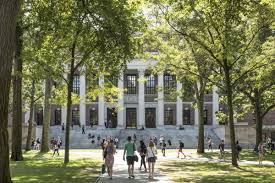
With the structure of university education shifting completely, many individuals who were anticipating entering their first year have considered deferring their enrolment. It not only has to do with the evolutionary structures of coursework, but many young adults are beginning to think that they may be missing out on the total university experience should coursework transition completely online. With social distancing modifications becoming an unfortunate reality in every facet of life, students feel they may lose out on a true university experience, as well as reduced sense of community and self-development with persisting isolation measures. This “gap year dilemma” was an interesting topic, and while all of the guests agreed that they could see where students were coming from, they urged for individuals to look beyond the social aspect of high education facilities. Neil Fassin and Jessica Riddell both made the point that should a student decide to take a gap year that they wouldn’t be able to indulge in any other enriching activities. Yes, the pandemic will absolutely impact the way students experience education, however, the opportunities that would normally aid in young individuals discovering more about themselves, or enhance their lives are not as readily available. Social distancing measures will have impacts on these youth regardless of their year plan, and the webinar guests have urged potential students to avoid the obvious discouragement. Paul Davidson continued in assuring students that they should not be making these decisions because of the pandemic, and that all facilities at this point are aiming to create an academic environment for students where they can thrive despite the circumstances.
Professors creating a hospitable environment for students to feel a sense of community online while remaining engaged with course content was the primary concern for many of the guests during this webinar. Catherine Dunne had noted that the top concerns and needs for student in the year to come will relate to accessibility of fundamental educational tools such as the Internet, constant student-educator communication, and overall student support. Additionally, student support and communication will go hand in hand. In order for students to access amenities such as mental health resources, or financial aid, there must be continual communication to keep students well informed on what is available to them, and how universities may change throughout the year. While these are all of paramount concern, it is crucial to understand that students will also need to work exceptionally hard to keep themselves accountable with online coursework, and put in the time to prepare for this undesirable style of education. Neil Fassin explained that he believed for students to succeed they would have to incorporate their work and study habits into their home lives, whether this includes creating a home office, creating a strict schedule, or discerning what support strategies would best suit themselves during times of stress. Additionally, Neil Fassin and Jessica Riddell both agreed that students will be forced to find the resources they need with the guidance from their professors, and incorporate self-reflection regiments into their lives to keep their changing support needs in mind. Riddell concluded by identifying the importance of empathy and patience; it cannot be stressed enough that these are strenuous times, and in order for students to succeed, they must maintain a positive attitude, and give themselves time to effectively adjust to these life changes.
These discussions have focused on the changes necessary for students to thrive, though academics are facing significant economic hardships. While Paul Davidson agrees that there must be a shift in traditional pedagogy within facilities and leniency towards students in this transformative time, professors and educators are in dire need of stabilization packages. There is a need to revaluate what is being asked of professors and individuals working within Canadian facilities, and address the concerns they have in the processes necessary in adjusting to the future. He concludes with sentiments of students being the economic necessity moving forward in order to keep universities everywhere going in the future years. Jessica Riddell explained that universities are in absolute need of students, and all their amazing insights as inspiration and motivation for the future.
